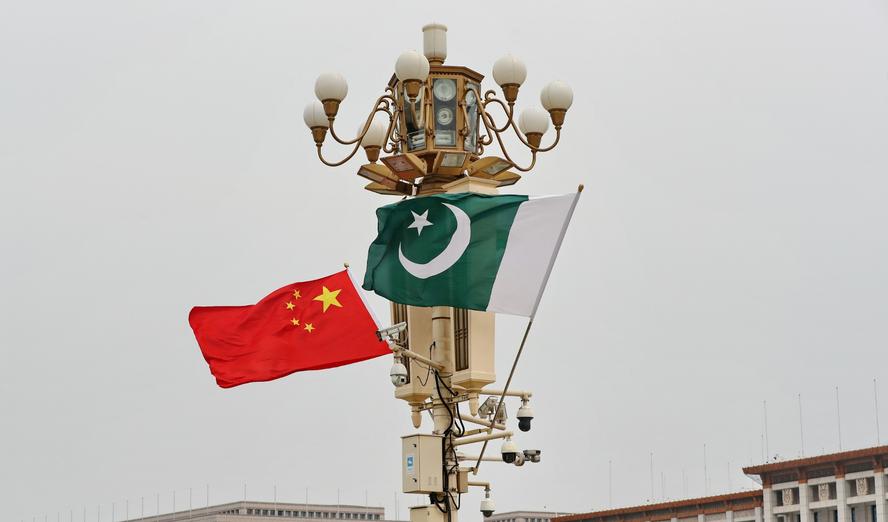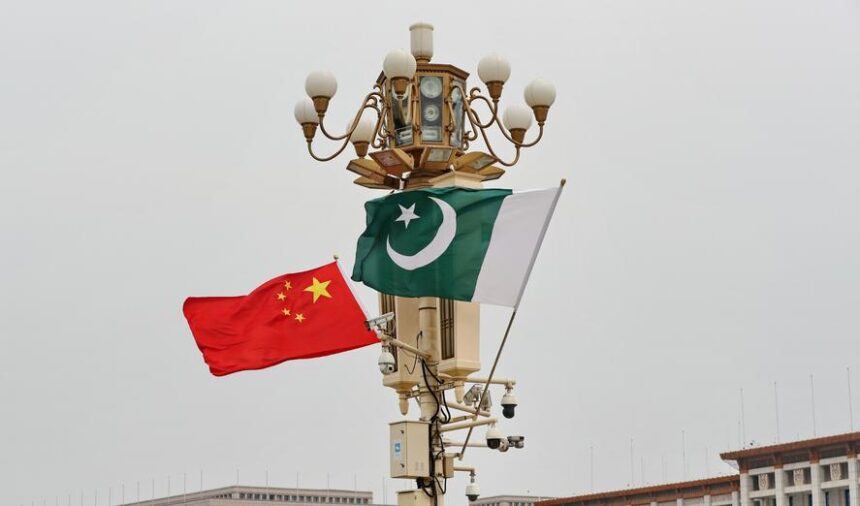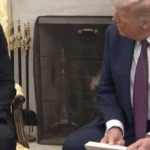China has called on India and Pakistan to resume dialogue and seek a peaceful resolution to their long-standing disputes through political negotiations. The appeal comes amid heightened tensions between the two South Asian neighbors, with Beijing emphasizing the importance of stability in the region.
China’s Call for Restraint and Dialogue
Chinese Foreign Ministry spokesperson reiterated China’s stance, urging both nations to “exercise restraint and avoid actions that could escalate tensions.” The spokesperson emphasized that disputes should be resolved through “peaceful means and constructive dialogue” in accordance with the United Nations Charter and relevant Security Council resolutions.
“China encourages India and Pakistan to return to the track of political settlement and resolve their differences through consultation and negotiation,” the spokesperson said. “Maintaining regional peace and stability serves the common interests of all parties.”

Historical Context of India-Pakistan Tensions
India and Pakistan have a history of conflict, particularly over the disputed region of Kashmir. Both countries claim the territory in full but administer separate portions, with periodic clashes leading to military standoffs. Efforts to normalize relations, including ceasefires and backchannel diplomacy, have seen limited success.
China, which shares borders with both nations, has traditionally maintained close ties with Pakistan while also engaging with India economically and diplomatically. Beijing has previously mediated in regional conflicts and supports multilateral approaches to de-escalation.
Regional Stability and Economic Concerns
The ongoing tensions between India and Pakistan pose risks to regional security and economic development, particularly for projects under the China-Pakistan Economic Corridor (CPEC), a key component of Beijing’s Belt and Road Initiative (BRI). Stability in South Asia is crucial for China’s strategic and economic interests.
Analysts suggest that China’s mediation could play a constructive role, given its influence in the region. However, New Delhi has historically preferred bilateral talks with Islamabad without third-party involvement.
International Reactions
The international community, including the United Nations and major powers, has repeatedly called for restraint between India and Pakistan. The U.S. and European Union have also encouraged dialogue to prevent further escalation.
As tensions persist, China’s appeal highlights the growing need for diplomatic engagement. Whether India and Pakistan will heed the call remains uncertain, but the push for a political settlement reflects broader concerns over regional security.
For now, Beijing’s message is clear: dialogue, not confrontation, is the path forward.










